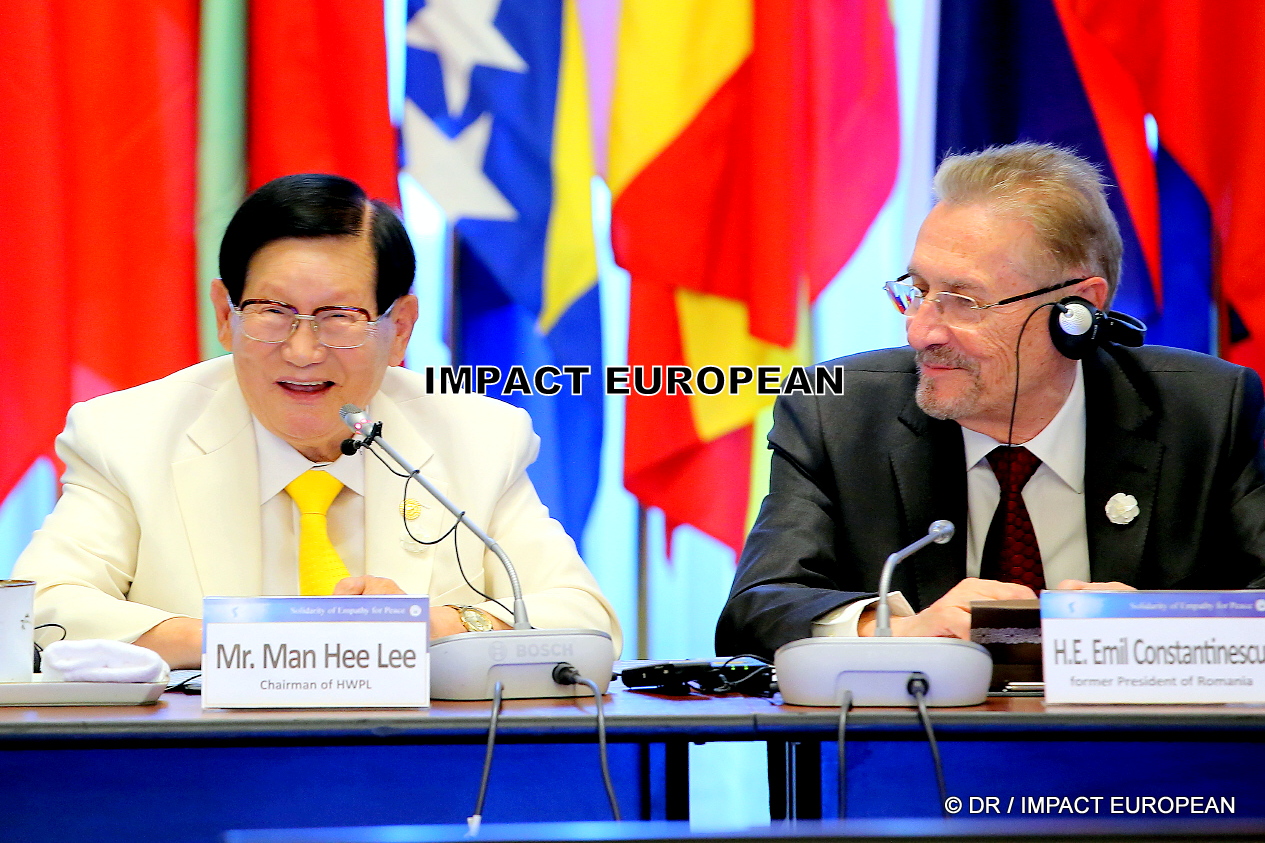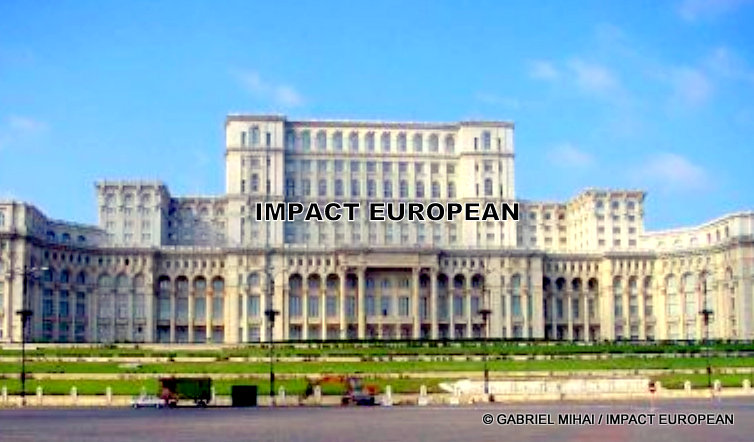The Romanian Foundation for Democracy, with the support of the Romanian Government, in collaboration with the Institute of Advanced Studies for the Culture and Civilization of the Levant, the Romanian Senate and the Ministry of Foreign Affairs, is organizing the International Conference thirty years after the collapse of communism in Eastern Europe.
The event will bring together former Heads of State and Government, senior officials, academics and academics from the Black Sea and Baltic Sea region, the Balkans and the Korean Peninsula.
The fall of the communist regimes from 1989 to 1990 brought to light, in the space controlled for over forty years by the Soviet Union, ancient conflicts between nations, ethnic groups and religions that had not been solved, but only “frozen” under totalitarian regimes. The experience gained in the post-communist transition can be useful in defusing current conflicts at European and global level.
Three decades after the collapse of communist regimes in Eastern Europe, the conference will highlight the importance of leaders who changed history in 1989, offering to share their immediate experience of the transition from communism to democracy and democracy. conflict management. during this transition.
Among the participants were former heads of state such as former President of Romania Emil Constantinescu as well as national representatives in office, religious leaders, educators, women leaders, journalists, and NGO leaders from around the world. Europe and Asia.
According to the organization in charge of the event, this conference will focus on cultural diplomacy in order to “generate mutual trust and pave the way for better communication through the creation, transmission and promotion of cultural representations”. identity with the recent past of Romania and Eastern Europe, which presents multi-ethnic and intercultural communication as a positive experience.
Entitled “The role of cultural diplomacy in the approach of protracted conflicts – Culture of peace through the understanding of the other”, this conference will take place on April 1 and 2, and is organized by the Ministry of Foreign Affairs of Romania, co-organized by Celestial Culture, World Peace, Light Restoration (HWPL) and the Institute of Advanced Studies in Culture and Civilization of the Levant (ISACCL), and the collaboration of the Center for Black Sea Studies and of the Baltic Sea.
The conference is the result of a series of ongoing international exchanges between Eastern Europe and South Korea at the level of civil society. Last year, former Heads of State and HWPL, based in South Korea, discussed the mutual development of peace building efforts at the “High Level Forum of Former Political Leaders in Europe to Spread Culture”. peace and call for support for the peaceful reunification of the Korean peninsula “.
On March 7 to 9, 2019, Emil Constantinescu, President of the ISACCL Scientific Council, presented the initiative “Lead for Global Peace” in the Italian Senate. The event was organized in partnership with the Inter-Parliamentary Coalition for Global Ethics, led by Shoshana Bekerman and with the support of Italian Senator Lucio Malan, Acting President of the Forza Italia faction.
WAAS, represented by Garry Jacobs, CEO of WAAS, and Alberto Zucconi, World Association of NGOs (WANGO), represented by Founding President, Tagledin Hamad, MERCL Research Center for the Middle East, New York, represented by Mr. Richard Hellman, Journeys for Peace, represented by Sergio Kopliovitch and the British Arab Network, represented by Mr. Wafik Moustafa.
The purpose of this meeting was to promote legislative initiatives in the Member States of the European Union and the United Nations, aimed at implementing a compulsory education program on education for peace. The general discussion was part of the United Nations Sustainable Development Goals.
Emil Constantinescu led the panel on Lessons Learned in Levant History to Prevent Future Conflicts, which retraced the history of the Lead for Global Peace initiative since its launch in 2011 to date. stressed the importance of education for peace and the historic Levantine region, a space that has over the years provided many examples of the need for such a problem in the world of education in international level. At the same time, his reign showed that “Since 2011, the Global Peace Initiative has been presented in the major forums for debate in the world, and this is the second time that we have presented it to the Italian Senate. a fortuitous choice, Italy has a thousand-year history that has strongly influenced the history of the world.
At the same time, Italy was the bridge between the civilizations of the Levant and the Far East and Western civilization. ”
At the end of the meeting, the Rome Agreement on the objectives of education for peace and sustainable development was adopted.
This great human conversation must now be encouraged so that more and more important groups can grow their ideas and knowledge around the world. This vision can be developed if the representatives are able to act in the name of a plurality of voices, questions and desires of the billions of people they represent “declared his Excellency Emil Constantinescu in his speech at the meeting of high-level former political leaders in Europe last year.
HWPL is a South Korea-based organization registered with the United Nations ECOSOC and implements campaigns for the construction of world peace, inter-religious dialogue and peace education. She wrote the Declaration for World Peace and the Ending of Wars (DPCW) to promote intergovernmental cooperation to secure peace principles and citizen participation to develop a culture of peace. Currently, the declaration has received official support from the Central American Parliament, the Pan-African Parliament and 1 million citizens in 174 countries.
The partners of the event are: the Alliance of Religions for Peace (HWPL), the International Center for the Baltic Sea and the Black Sea, the Inter-Parliamentary Coalition for Global Ethics, the University of Bucharest, the National School of Political and Administrative Studies.


More Stories
METAL D’ALCOVE, the workshop of Eric KATZ, lighting sculptor in Montmartre
Gelsomina
Miss Gabrielle Chanel